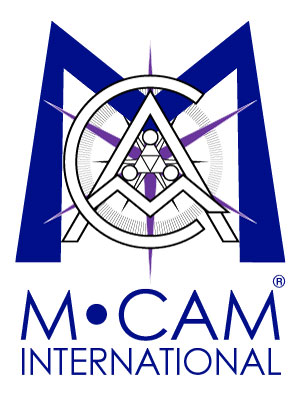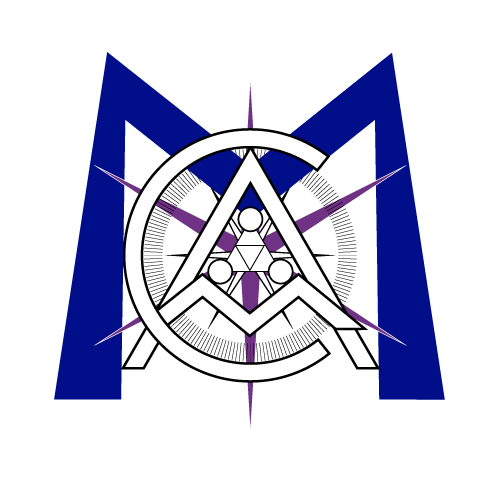PUBPAT News: Opsware Remote Computer Management Patent Challenged by PUBPAT
Date: Mon, 2007-02-12
Dr. David E. Martin February 12, 2007
OPSWARE REMOTE COMPUTER MANAGEMENT PATENT CHALLENGED BY PUBPAT: U.S.P.T.O. Asked to Review and Revoke Patent That Was Preempted by Open Source Projects
New York, NY — February 12, 2007 — The Public Patent Foundation (“PUBPAT”) announced today that it has filed a formal request with the United States Patent and Trademark Office to review a patent held by Opsware Inc. (NASDAQ: OPSW) related to remote computer management that was preempted by the work of open source projects. In its filing, PUBPAT submitted prior art that the Patent Office was not aware of when reviewing the application that led to the issuance of the patent (U.S. Patent No. 7,124,289), described in detail how the prior art invalidates the patent and asked that the patent be revoked.
The challenged Opsware patent claims methods for automatically configuring or installing software on a plurality of computing devices having different respective sets of software and/or configurations of operating parameters. When Opsware announced the issuance of their patent, Ben Horowitz, CEO of Opsware, was quoted as commenting, with respect to the ”˜289 patent: “This patent solidifies and protects the work we’ve done to greatly advance the automation of data centers.”
The work that Opsware claims to have done, however, may be found in publicly available references, including open source software projects that are directed to configuring and installing software on computers, and that were available and in public use in the United States more than a year before the filing date of the ”˜289 patent. Moreover, the ”˜289 patent may impact the developers and users of open source projects, including Cfengine, LCFG, Quattor, and BCFG.
“Individuals, non-profit organizations, educational institutions, and businesses throughout the United States rely on these open source software tools to manage their computers,” said PUBPAT’s Executive Director Dan Ravicher. “The technology claimed in the ”˜289 is not the work of the inventor named in the ”˜289 patent, but rather, is the work of open source developers, who have provided their code for the benefit of the public good, which must be protected.”
The Request for Reexamination filed by PUBPAT against the Opsware remote computer management patent can be found below this post:

